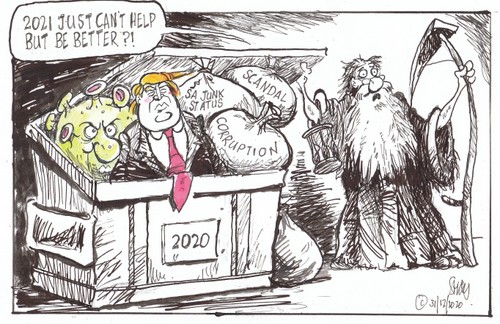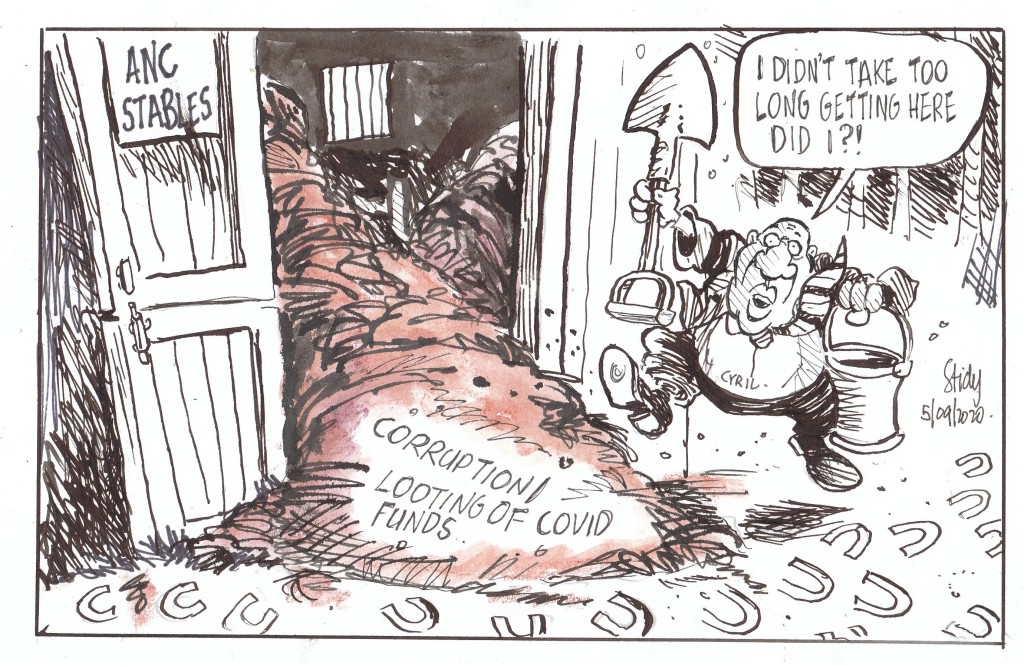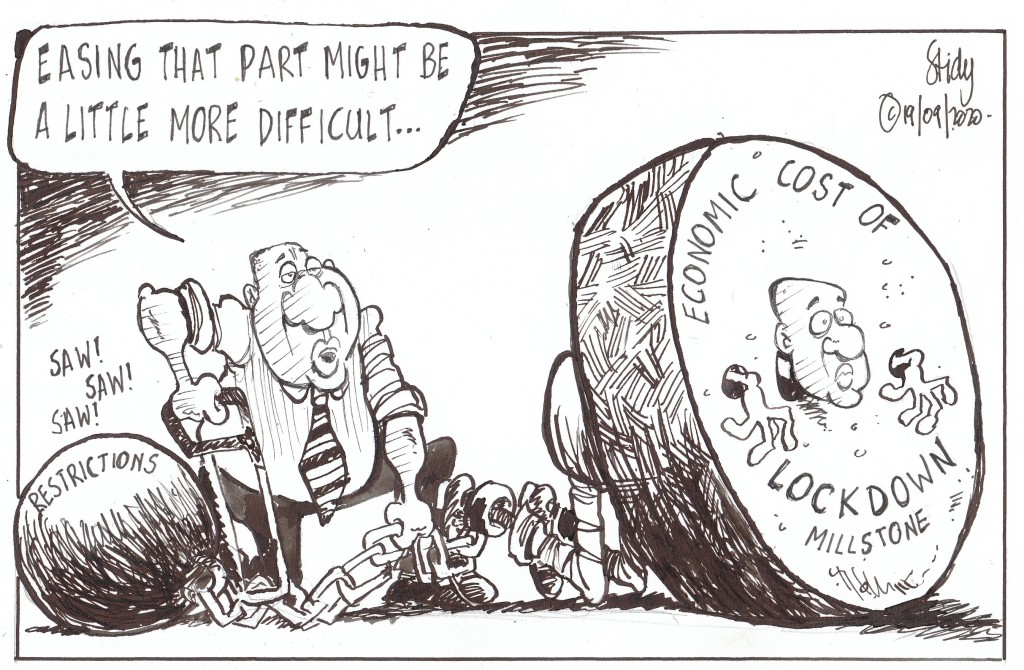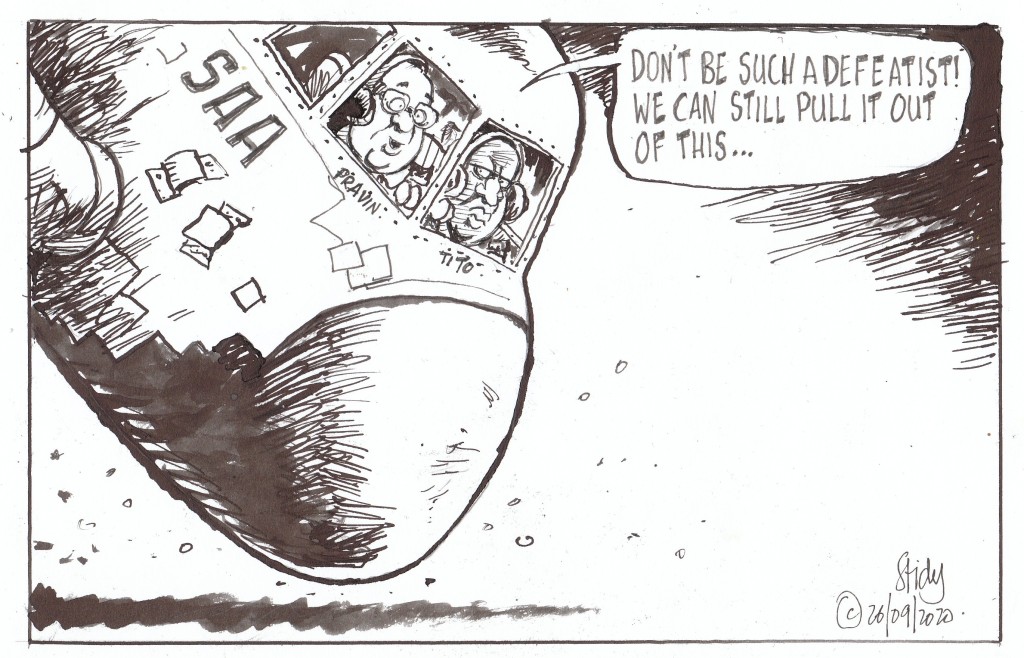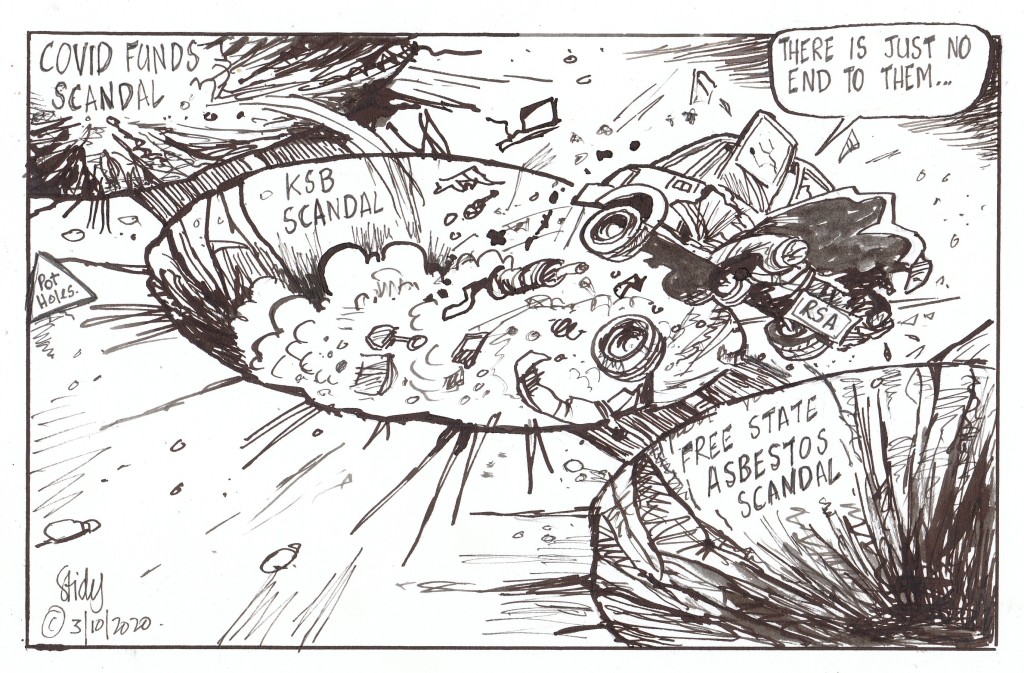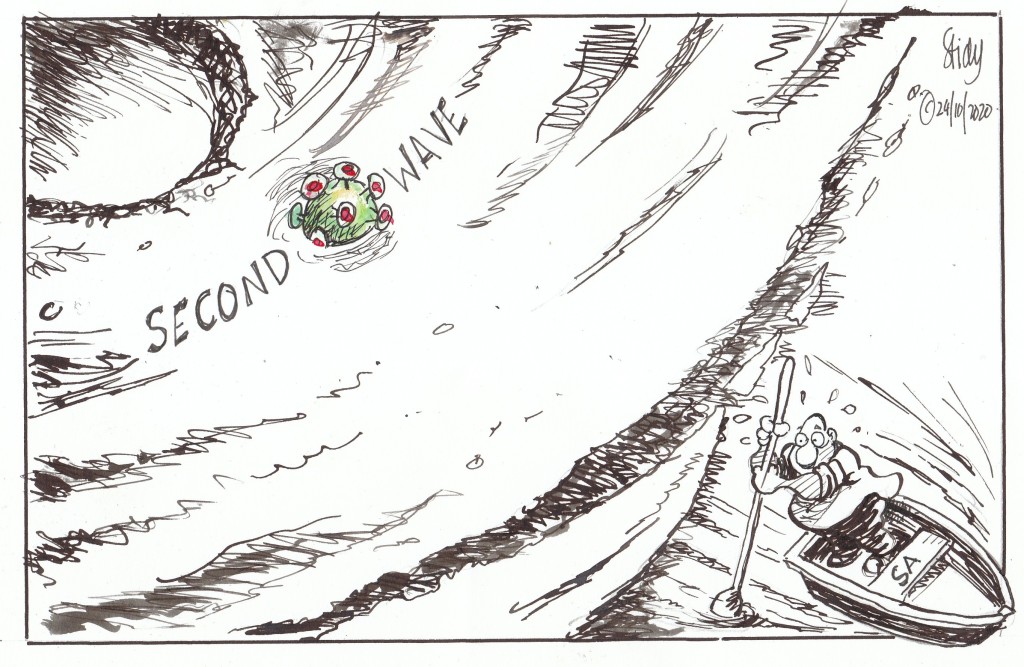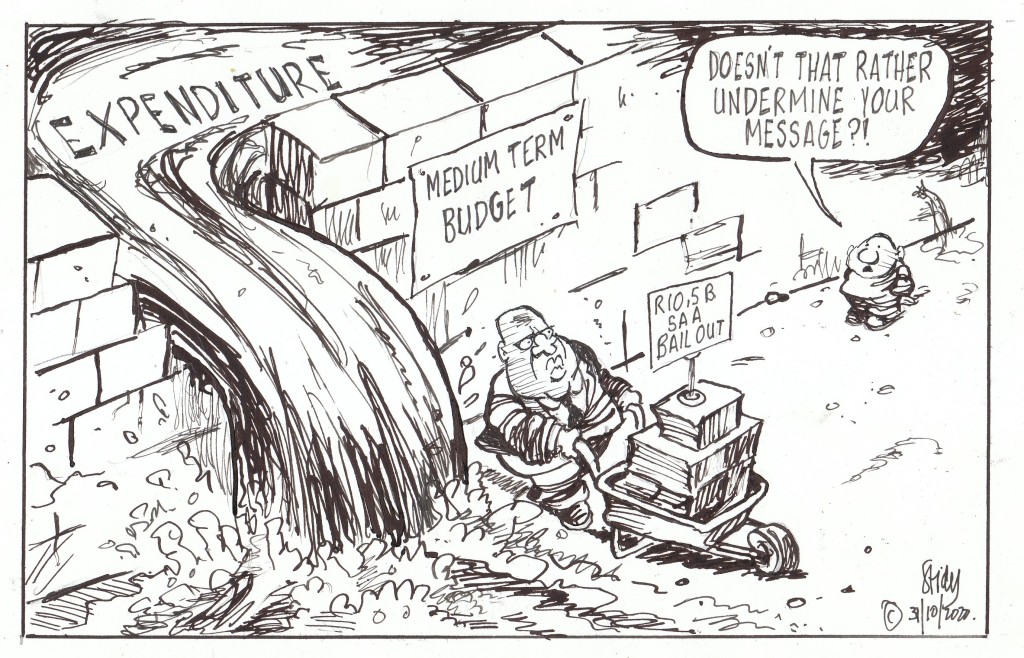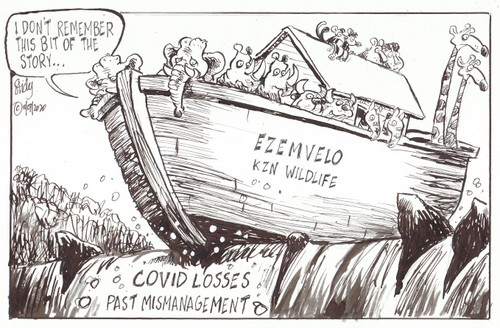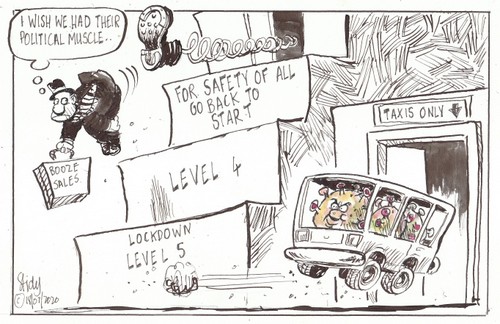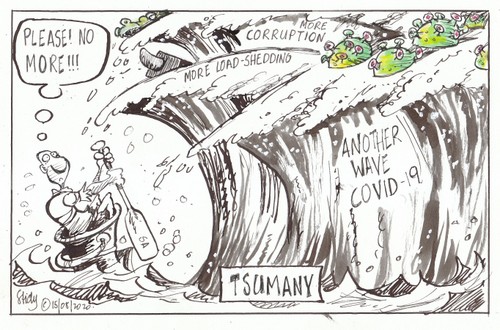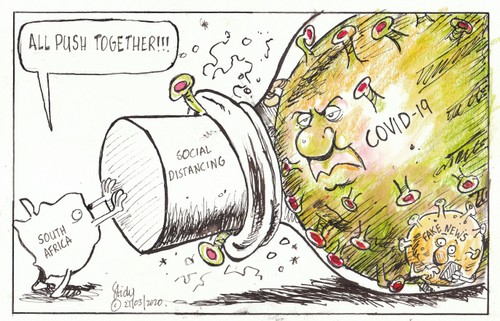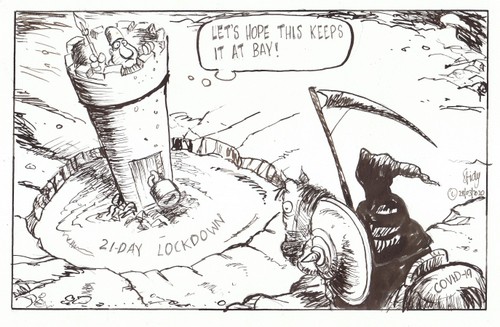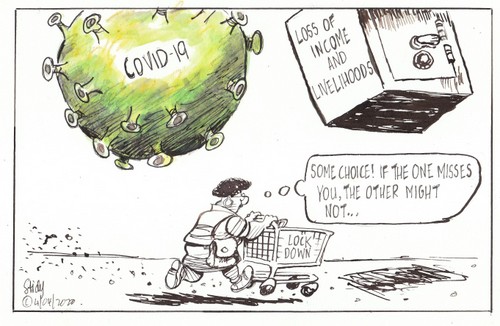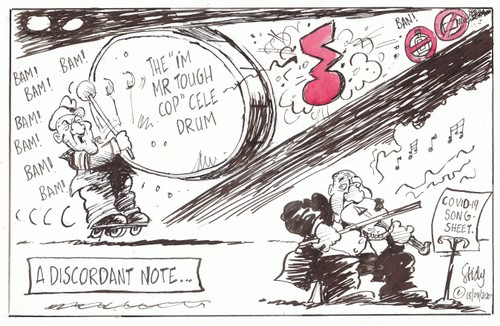According to the opposition Democratic Alliance, Msunduzi is far worse now than it was before it was placed under the “selective” and “ineffective administration, which served only to placate ratepayers rather than deal with the problems that had bought the city to its knees”. It is a view shared by many ordinary citizens who continue to voice their concerns over the ever-increasing signs of neglect and poor maintenance.

The Arctic is unravelling faster than anyone could have imagined just a few decades ago. Scientists have warned that the Greenland Ice Sheet, for example, is no longer growing. Instead of gaining new ice every year, it has begun to lose roughly 51billion metric tons annually, discharged into the ocean as melt-water and icebergs.
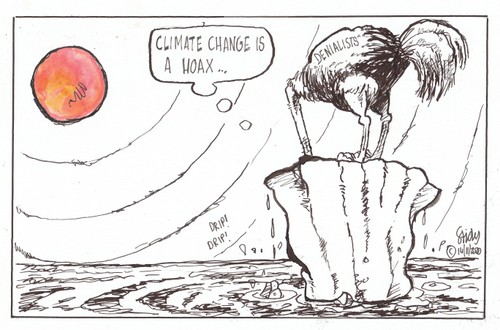
In the United States, President Donald Trump was condemned by opponents for firing the senior official who disputed his baseless claims of election fraud as the president pressed on with his his increasingly desperate battle to overturn Joe Biden’s victory. This despite the fact that officials declared 3 November’s contest between Trump and Biden the most secure US election ever.
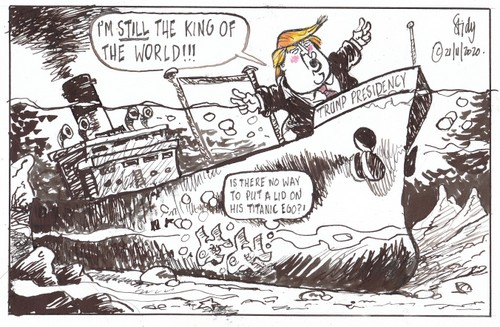
Former President Jacob Zuma continued to duck and dive and do everything thing he could to avoid facing justice. Having briefly appeared before the state capture commission to hear whether his recusal application for commission chair Ray Zondo had been granted he disappeared, without being excused, during the tea break. The commission adjourned to reflect on what to do next.
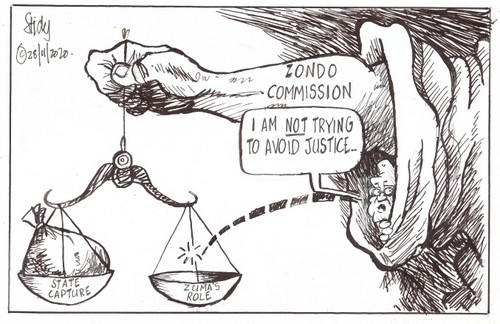
There were mounting fears that Msunduzi could face a massive blackout if the municipality does not urgently deal with the persistent outages that have severely compromised the network. The City’s electricity problems was also strangling the local economy and some businesses were even considering leaving Pietermaritzburg for towns with more stable power supply.
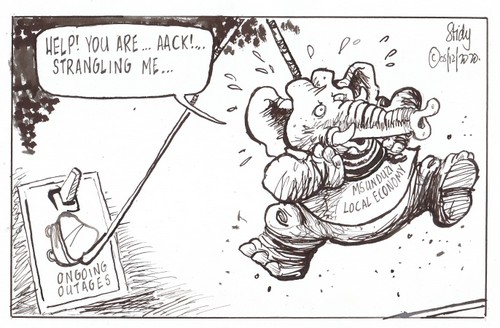
South Africa has entered a second wave of Covid infections, breaching 6 000 new cases, Health Minister Zweli Mkhize said in a special television broadcast. The peak age bracket is now between 16 and 19. “It’s believed to be due to a large number of parties involving young people drinking alcohol with no adherence to non-pharmaceutical interventions, wearing of no masks and social distancing and hand sanitising not taking place,” Mkhize said.

In an address to the nation, President Cyril Ramaphosa, announced a tightening of Covid-19 restrictions, including the closure of KZN beaches during the main days of the festive season. He attributed part of the cause of the second wave of infections to a lack of compliance with safety measure such as social distancing.
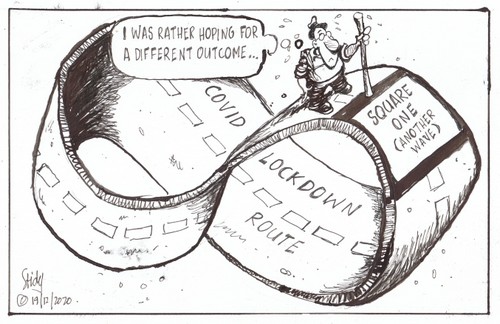
In the wake of a year dominated by Covid-19, being cautious is probably the best thing you could do over the festive period so I decided to make that the subject of my Christmas cartoon.
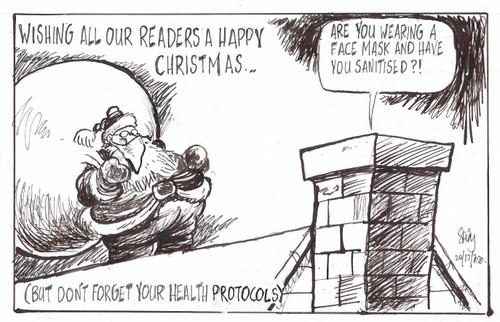
2020 was a truly terrible year and I think most people were glad to see the back of it – hence my New Year cartoon…
